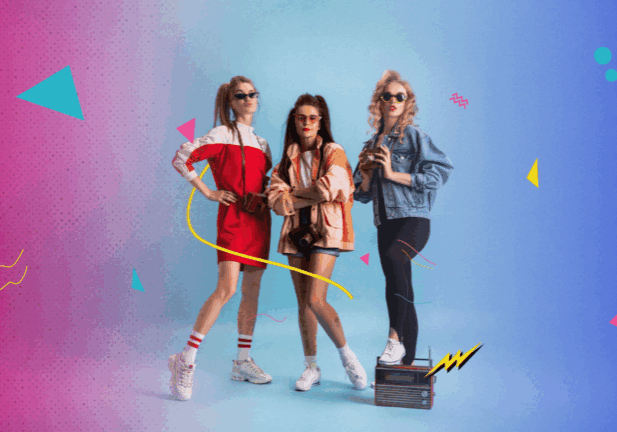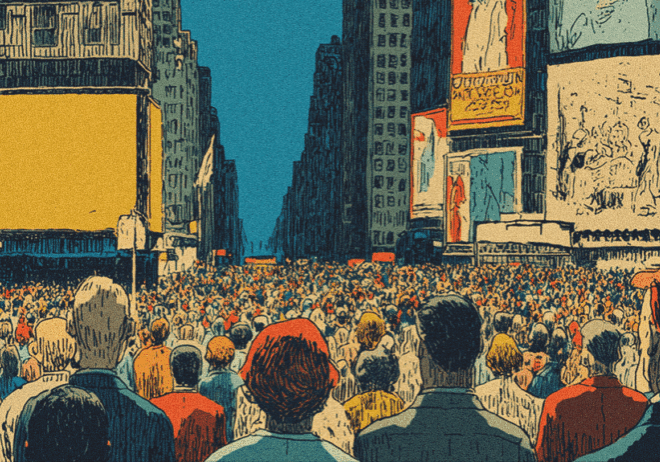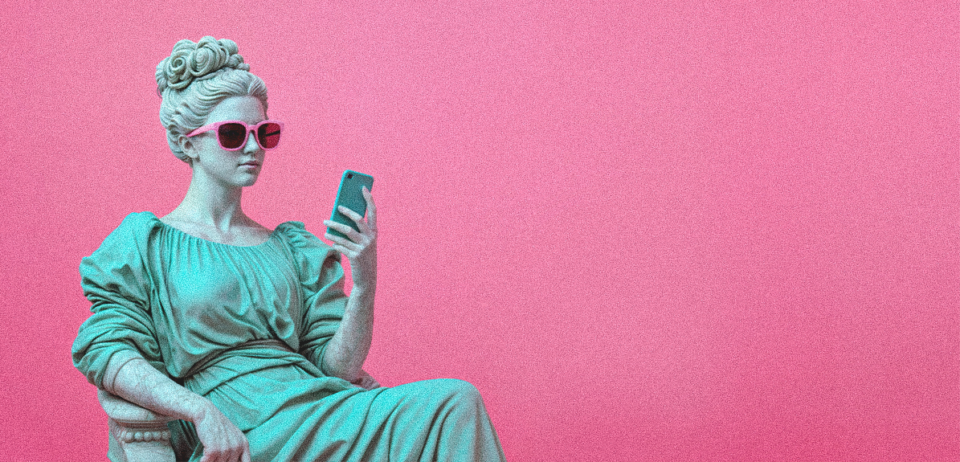
Are Influencer Marketing Agencies Shaking Up Traditional Ad Agencies?
A decade ago, if a brand wanted to break the internet, they’d call their agency, schedule a pitch meeting, book studio time, and launch a campaign months later. Fast forward to 2025, and a 22-year-old content creator with a ring light and a killer “GRWM” (Get Ready with Me) reel might just outperform that same campaign — overnight.
Welcome to the era where influencers aren’t just endorsing brands; influencer marketing agencies are reshaping how marketing works and competing with traditional advertising powerhouses. The big question on everyone’s minds? Are influencers replacing agencies?
Let’s zoom in on the power shift shaking up the ad industry and why influencer marketing agencies are now the MVP (Minimum Viable Product) of the modern marketing game.
Agencies walked so influencers can run
Traditional agencies have long been the masterminds behind Super Bowl ads, glossy magazine spreads, and unforgettable slogans. Their role? Strategy, storytelling, media buying, creative direction — the whole shebang.
But here’s the thing: audiences today scroll more than they watch TV, double-tap more than they flip pages. Consumers crave authenticity, relatability, and creators who “get them.” Enter: influencers — not just megastars with millions of followers, but micro and nano influencers with hyper-engaged communities.
Suddenly, it’s not just about what you’re selling, but who is holding it up in front of a phone camera.
The rise of influencer marketing agencies
In this shift, new players are taking the field: influencer marketing agencies. These aren’t your Mad Men-style boardroom types. They’re hybrid operators—part talent agent, part media strategist, part culture translator.
Their goal? Match brands with influencers who align with their values, voice, and vibe.
Some of the biggest marketing wins in recent years weren’t cooked up in an ad agency’s war room. They were brewed in a bedroom, by creators guided by influencer marketing agencies who know what works, when, and for whom — like Dunkin’ with Charli D’Amelio (StatSocial) or Poppi with Alix Earle (The Wall Street Journal).
These agencies are nimble. They track social trends in real-time. They understand how to launch a TikTok sound that could go viral or how to turn a skincare routine into a brand story.
Why brands are skipping the middleman
Here’s why this shift matters: many brands are now allocating a larger share of their media spend to influencer-first strategies, signaling a shift in priorities—even if traditional agencies aren’t entirely out of the picture.
Instead of creating a massive ad campaign and “featuring” influencers in it, brands are doing the reverse — creating with influencers from day one. Think co-branded product drops, real-time campaign tweaks, and creator-led creative direction.
Why? Because:
- Speed: Influencers can produce content in hours, not weeks.
- Authenticity: Content doesn’t feel scripted; it feels lived.
- Engagement: Influencers speak to audiences, not at them.
- Cost-effectiveness: You can reach niche audiences without buying a billboard.
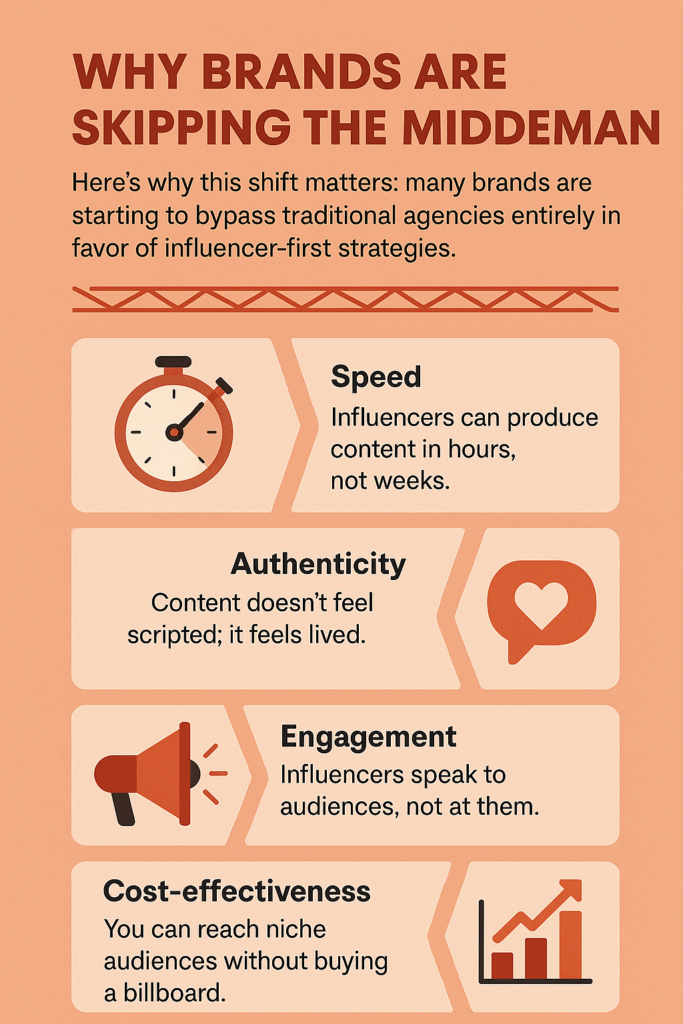
In fact, some startups now launch exclusively via influencers, skipping traditional ad buys entirely.
Are traditional agencies becoming irrelevant?
Not quite. Traditional agencies still play a critical role, especially for long-term brand building, complex multimedia campaigns, and cross-platform consistency. But their monopoly is being challenged.
Many agencies have had to evolve — some acquiring influencer marketing agencies, others building their own influencer divisions. Even legacy giants like WPP and Publicis are investing heavily in creator-first services.
We’re seeing not influencers replacing agencies, but brands reshaping agency roles to support influencer-first strategies, while relying on agencies for creative direction, measurement, and brand building.
Case in Scroll: The brands getting it right
These campaigns underscore a significant trend: brands are increasingly collaborating directly with influencers to create authentic, timely, and engaging content. By doing so, they bypass traditional agencies, achieving greater agility and resonance with their target audiences. Let’s look at some recent examples of how this shift is playing out:
Nespresso x The Weeknd – Iced Coffee Campaign
Nespresso partnered with The Weeknd to launch iced-specific coffee capsules and a pastel-themed campaign targeting Gen Z. This shift contributed to a 5.7% increase in global sales, with strong U.S. growth.
Duolingo x DeShawn Austin: #ReadingBlackExperience
Duolingo partnered with DeShawn Austin for the #ReadingBlackExperience campaign during Black History Month 2024, sharing Black authors’ works on TikTok. This boosted engagement and drove over 500,000 app downloads that month.
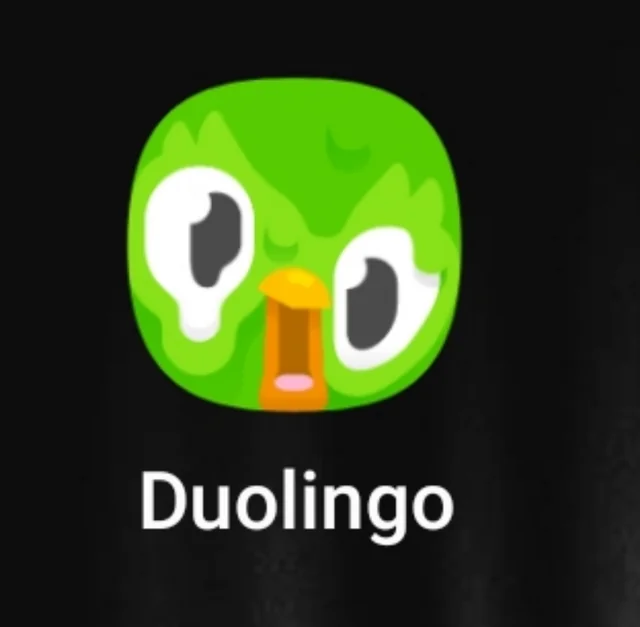
Coca-Cola – Happy Tears Zero Sugar
Coca-Cola launched a TikTok-exclusive limited-edition drink to celebrate Random Acts of Kindness Day. The campaign featured influencers promoting kindness, resulting in the product selling out in less than 24 hours.
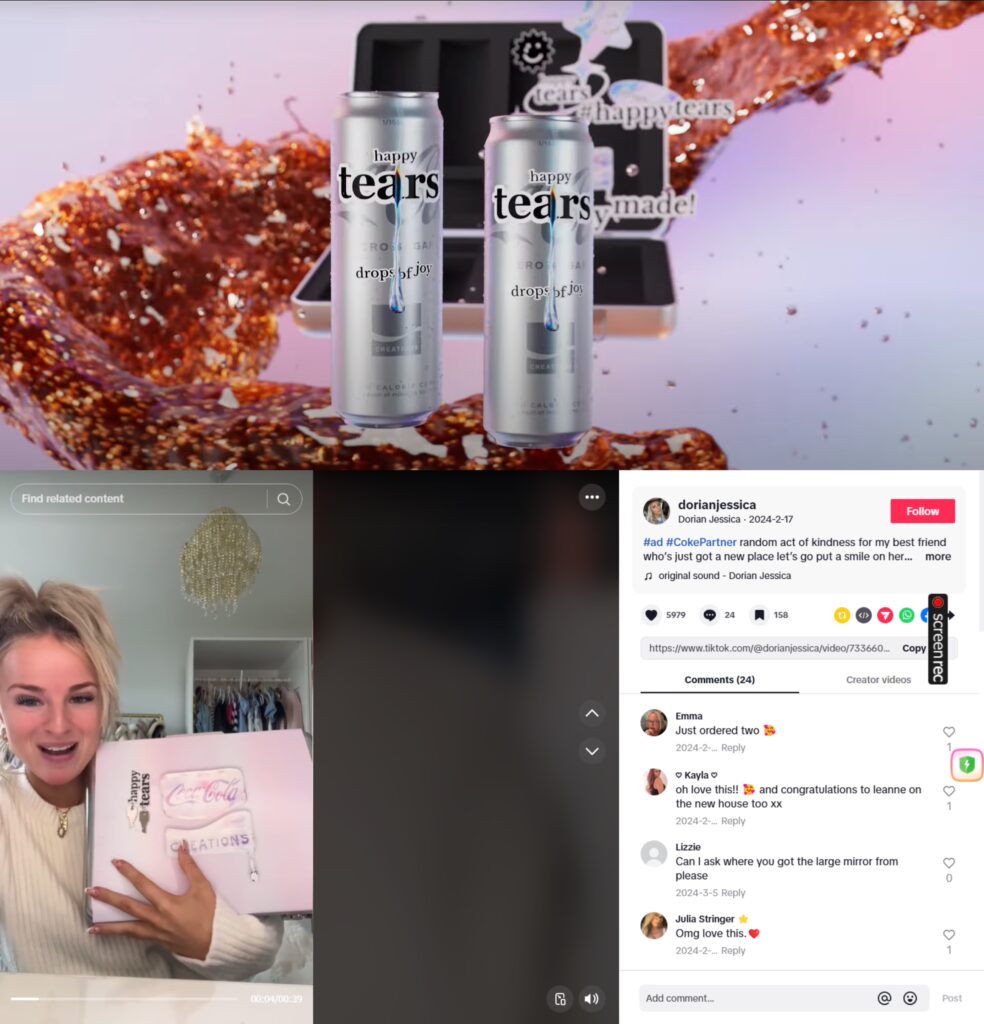
Each of these campaigns leveraged influencer talent not as an add-on, but as the creative core.
How creator-led content is rewriting the rules of marketing
Here’s the deeper truth: influencers are no longer just “channels” for distribution. They’re creators who understand storytelling in short form, know how to read, and engage their communities, and can steer trends with a single post. Influencer marketing agencies understand this power and have begun operating micro-creative studios. They don’t just broker deals — they help craft content, analyze audience data, and manage brand voice across multiple creators.
Think of them as the new-age full-service shops — just sleeker, faster, and more culturally tuned-in. The ad world is in flux. As brands double down on creator economies and influencer-led storytelling, the definition of “agency” itself is blurring. We’re heading toward a hybrid model where:
- Traditional agencies provide big-picture brand direction.
- Influencer marketing agencies bring cultural relevance and agility.
- Influencers act as creative partners, not just amplifiers.
It’s no longer about who’s in charge — it’s about who connects best with the consumer. And often, that’s the person speaking directly into the camera with yesterday’s trend and tomorrow’s insight. Yes. Influencers are reshaping the landscape. Yes. Influencer marketing agencies are thriving. No, traditional agencies aren’t dead, but they’re being forced to adapt, fast.
But this isn’t a hostile takeover. It’s a remix — with influencers spinning the creative beats, and agencies learning to dance to a new rhythm. So, the next time your feed serves up a brand that just gets you, remember somewhere between a scroll and a swipe, a creator made that magic happen — and maybe, just maybe, they’re running the ad game now.
Cut to the chase
The age of one-size-fits-all campaigns is over. Influence is the new currency, and those who wield it — with or without agencies — are rewriting the rules of modern advertising. Ready or not, the ad industry is being rebranded. One Reel at a time.
